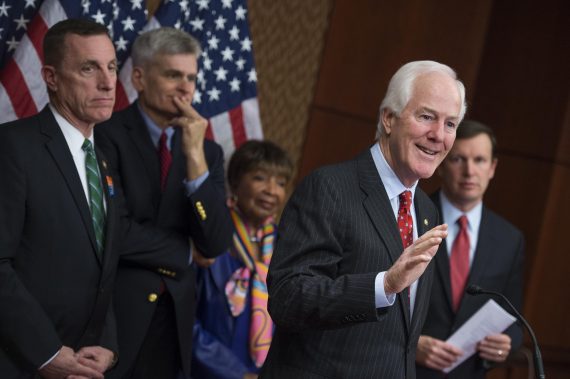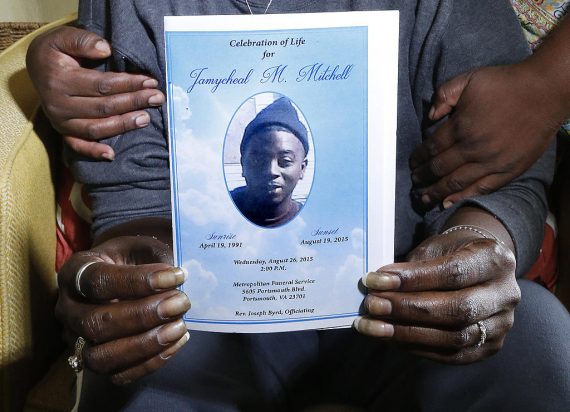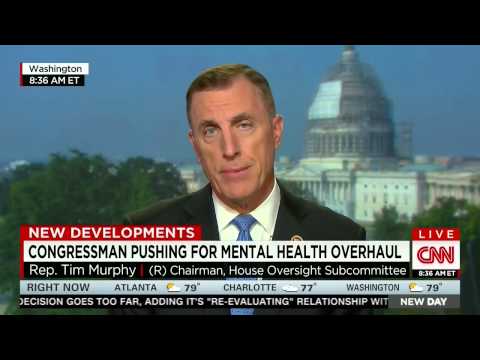
Fairfax Supervisors’ Holiday Photo with Police Officers, reindeer and snow figure.(Photo by John Lovaas)
(12-16-16) Fairfax County officials this week announced they are implementing recommendations to restore public confidence in our police department at a much faster pace than previously reported.
In an Op Ed published in The Washington Post earlier this month, John Lovaas and I criticized the Board of Supervisors, which governs the county, for not implementing 202 recommendations suggested last year by an Ad Hoc Police Review Commission after the fatal shooting of an unarmed man by police during a 2013 domestic disturbance. The police officer was later fired and pleaded guilty to manslaughter but only after 17 months of stonewalling by the police and county.
John and I served on that 35 member Ad Hoc commission and we felt the board was dragging its feet based on its own published progress reports. In our Post opinion column, we reported the county had acknowledged approving only 20 recommendations, according to its own website. We further noted it had rejected 4 and had listed the remaining 178 either as being “under review” or “in progress.”
To us that was unacceptable.
Our criticism drew an instant response from Chairman Sharon Bulova, who appointed the commission, and Supervisor John Cook, who is overseeing implementation of the recommendations, along with others on the ten person board who said our critique was both inaccurate and unfair.
After our article was published, Deputy County Executive David M. Rohrer and Chief of Police Edwin C. Roessler announced during a public meeting on Tuesday (12-13) that 119 of the 202 recommendations — more than half — already have been implemented, or fully implemented with modifications by the Supervisors, in the past twelve months.
That’s significantly more than the 20 we cited.







